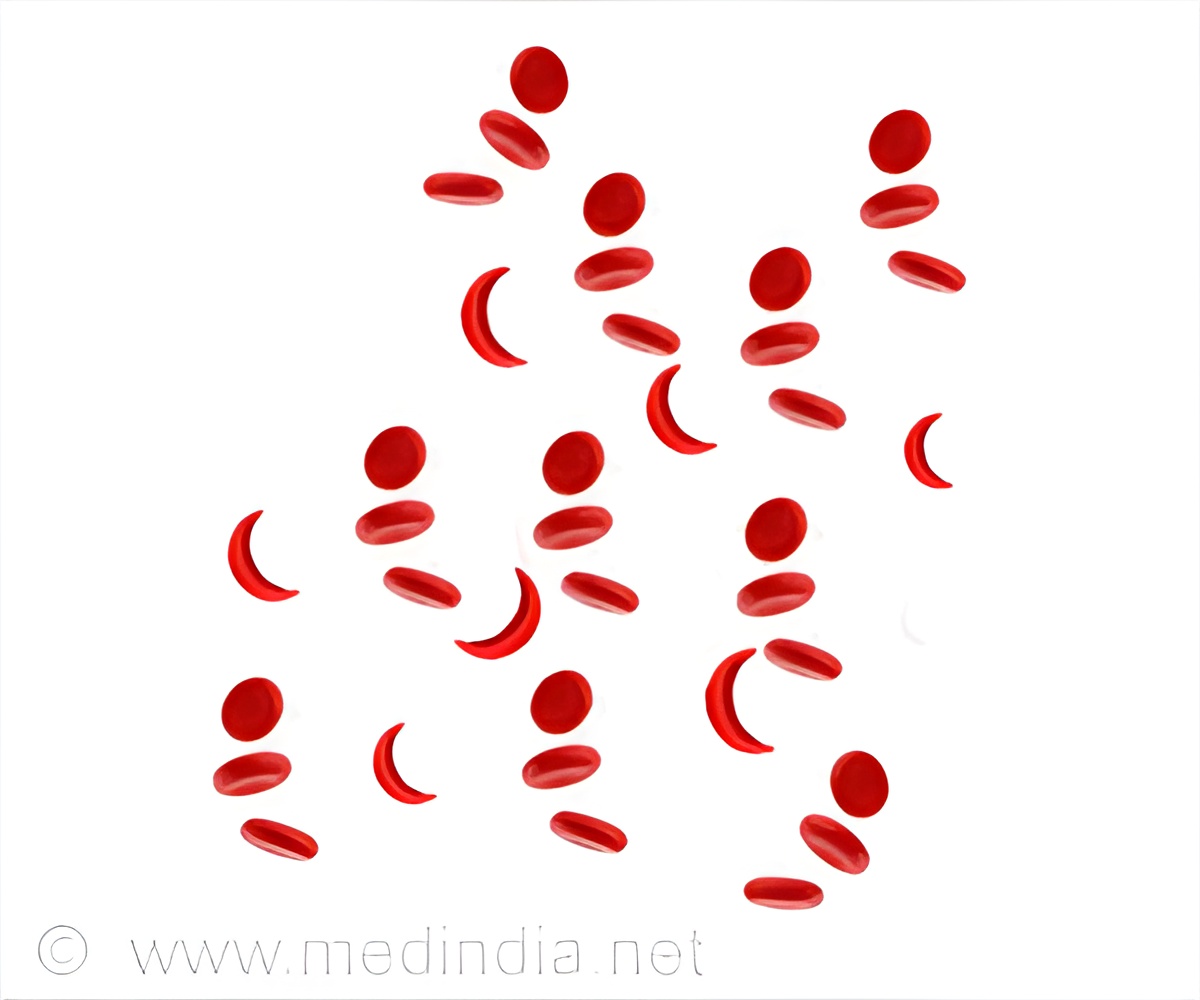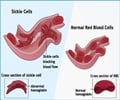Majority of migrants arriving from highly prevalent areas of Sickle cell disease (SCD) found to have the highest burden of SCD globally.

TOP INSIGHT
Systematic screening of refugees coming from SCD endemic areas and early identification with timely treatment is the need of the hour to prevent life-threatening complications.
Read More..
Experts stress that, for migrants with known or undiagnosed SCD, the extreme conditions during their travels - dehydration, psychological stress, and exposure to very high or low temperatures - can trigger severe pain crises. Delays in care can lead to severe organ complications and death.
Researchers led by Lucia De Franceschi, MD, of the University of Verona in Italy, found that the vast majority of migrants arriving to Italy are from areas where SCD is highly prevalent, notably sub-Saharan countries, which consistently report the highest burden of SCD globally.
In fact, an estimated 80 percent of all newborns with SCD are born in this region, according to the Centers for Disease Control and Prevention. Even though SCD is endemic to these areas and has been identified as a global health priority by the African Union and the World Health Organization, there is currently no screening program.
Based on their analysis of 2014-2017 data from 13 Italian reference centers, SCD was relatively common in refugees, and it was primarily identified when individuals went to emergency departments for acute sickle cell-related events. De Franceschi reports the rates of anemia were higher among refugees than in the native Italian SCD population, which could be due to malnutrition.
"Our data underscore the need to more systematically screen refugees coming from areas where SCD is endemic and suggest a strong national network might help to spur action," said De Franceschi, whose work is supported by University of Verona (FUR) and the scientific Italian society for studying hemoglobinopathies (SITE). "Early identification of cases can help prevent severe SCD-related events and life-threatening complications and redirect patients to comprehensive SCD centers for specialty clinical management, follow-up, and timely initiation of treatment."
De Franceschi said this approach has allowed them to offer treatment with hydroxyurea and maintain routine clinical follow-up of newly identified SCD patients. De Franceschi said that, based on their findings, efforts should focus on:
"We hope our data might open international political and social discussions about the accessibility of health care for refugees to treat both acute and chronic complications related to SCD," De Franceschi said.
Source-Eurekalert
 MEDINDIA
MEDINDIA

 Email
Email





